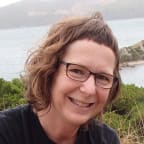Getting your driver licence is one of life’s milestones. It gives you freedom and independence, and is something to be celebrated.
But while some people continue to drive until well into their 90s – and even past 100 – most of us will face the prospect of losing our licence as we get older. That loss is an equally momentous occasion – and one that researchers say we should think about and plan for, well ahead of time.
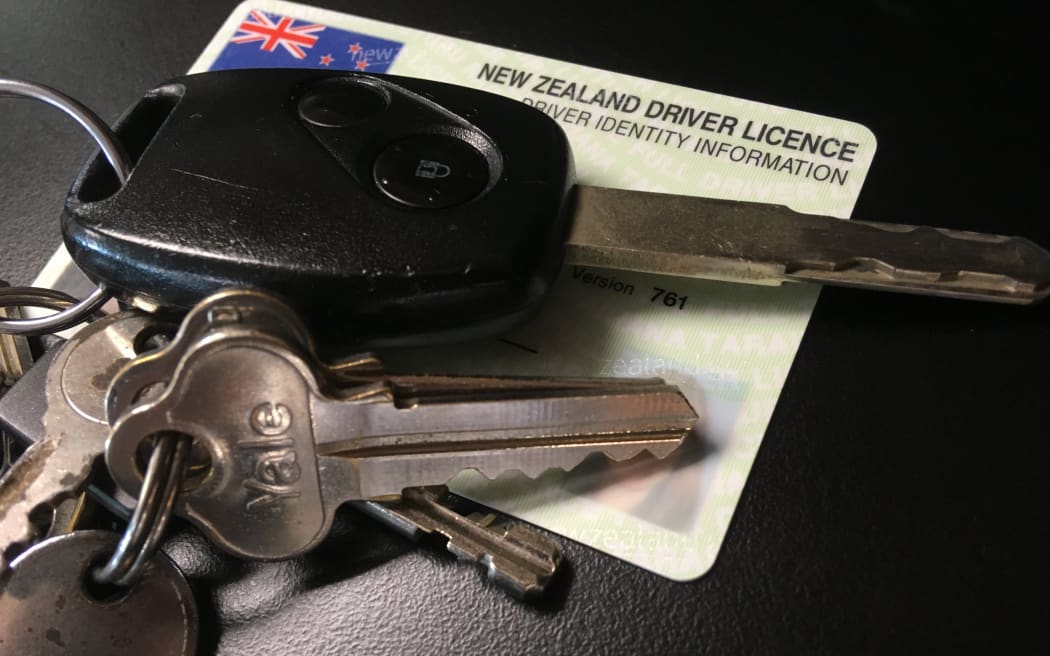
Photo: RNZ / Kate Newton
Subscribe to Our Changing World for free on Apple Podcasts, Spotify, Stitcher, RadioPublic or wherever you listen to your podcasts
Dr Rebecca Brookland leads the Transport, Mobility and Health Research Team in the Department of Preventive and Social Medicine at the University of Otago.
She says transport is “such a huge area of everybody’s life. How we get from A to B, and how we get there safely.”
“Driving represents a substantial amount of independence,” says Rebecca. “The ability to decide what you want to do and when you want to go to places is huge for a lot of people.”
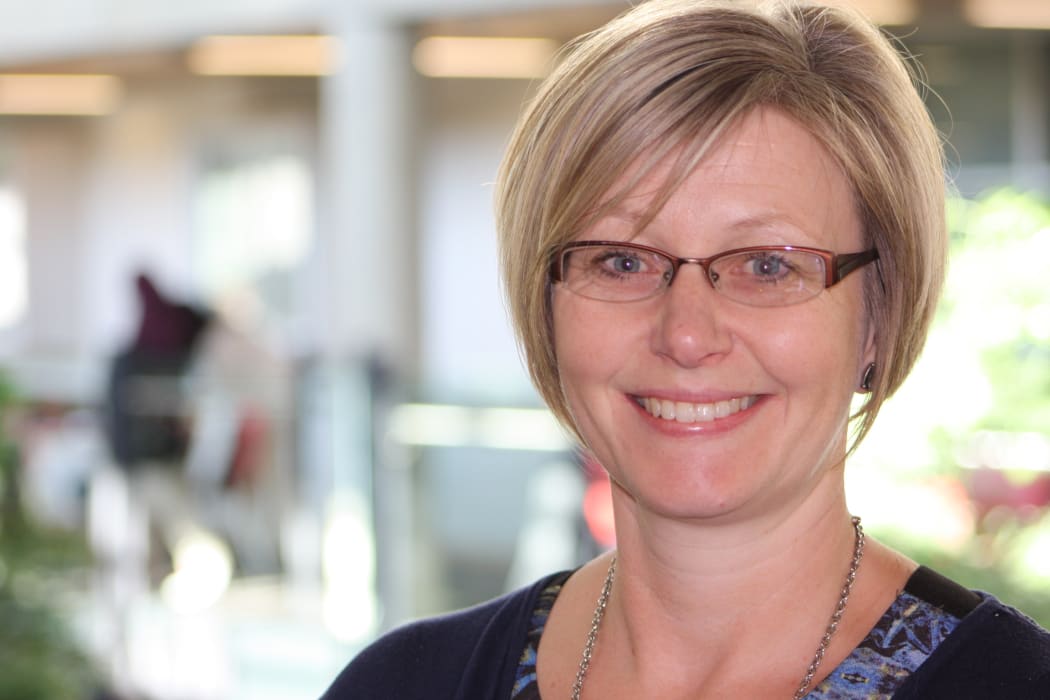
Rebecca Brookland. Photo: University of Otago
Research has shown that strong, positive social relationships are key to healthy ageing, and driving is an important aspect of that.
“For older people,” says Rebecca, “their ability to connect with their communities and to engage with what’s happening is critical to their quality of life.”
But, she adds, we haven’t given enough thought about the consequences of a growing ageing population.
“[Driving is] a facet of our lives we take for granted – until it’s no longer an option.”
She says that by 2036, one quarter of New Zealand’s ageing population will be over 65 years, and we will need to think more about how to balance mobility and safety with the right to drive.
“For older people, as they move into their later years and their health can start to deteriorate, and [since] we’re very much a car-centric, car-dependant society, the impacts of no longer being able to drive can be huge on people’s quality of life.”
Rebecca says studies have shown that the loss of a licence to drive can lead to social isolation, depression, early moves into rest home care and even premature mortality.
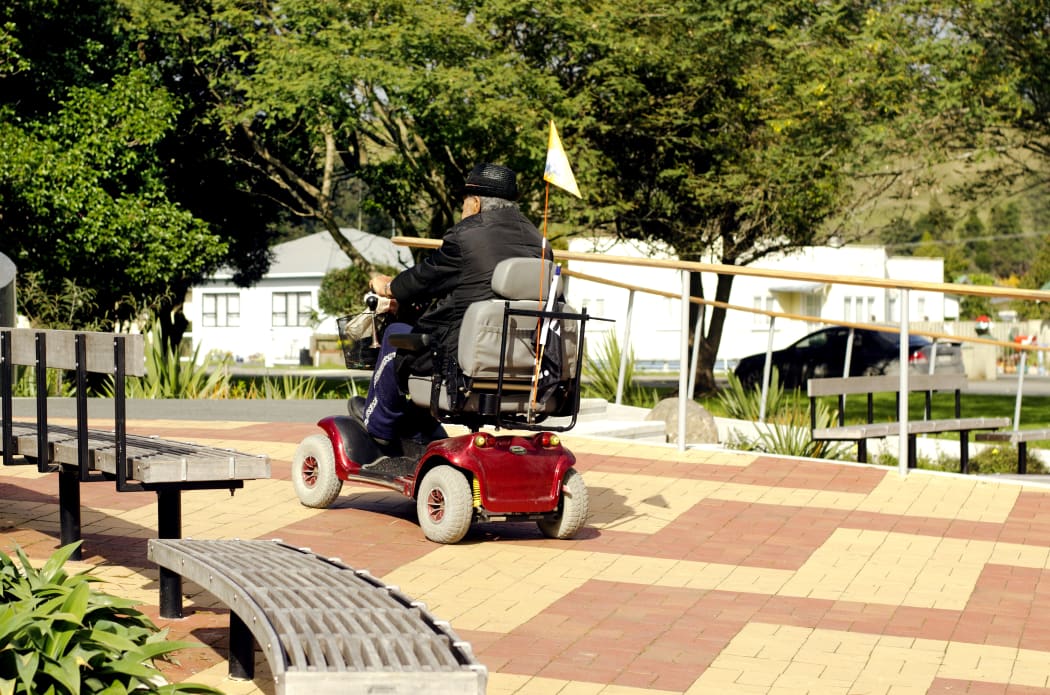
Photo: 123fr.com
Rebecca has just completed a three-year study into driving, funded by the Health Research Council (HRC), on Older drivers, families and GPs: Navigating the path between mobility and safety.
She is currently leading another HRC-funded study on Predictors and impact of driving cessation on older adults and whānau/families.
This project includes more than 1100 drivers aged 65 years or older and is following them over time.
“It’s around what are their transport practices, where are they going, how often are they driving, have they started to think about driving cessation or made any plans for that, and also some of their baseline health and well-being,” says Rebecca.
Rebecca hopes the study will give insights into how older New Zealand drivers change over time, including how they self-regulate or modify their driving habits to accommodate issues such as driving anxiety and physical frailty. She says they want to understand the circumstances around driving cessation and hear how people cope with not driving any more.
“It’s about looking at the whole system and how it caters for an ageing population.”
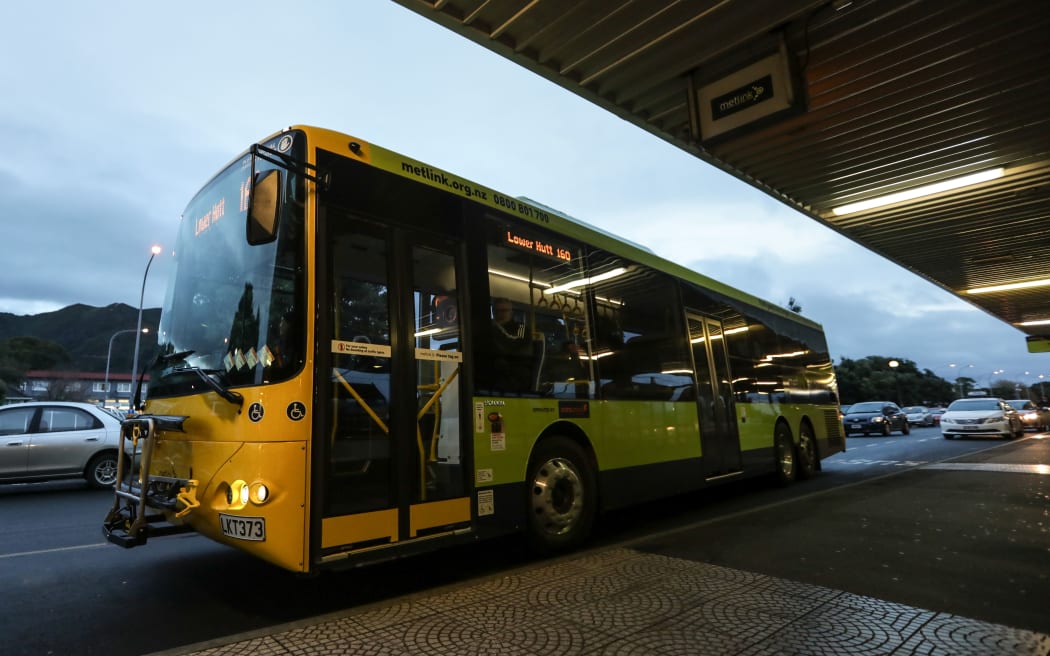
A new bus poised for the morning commute. Photo: RNZ / Rebekah Parsons-King
More than just driving
Rebecca says that mobility in old age is about much more than driving. It is also about better access to public transport, safer footpaths and much more. It’s a concept called optimal mobility, and you can hear more about this by listening to the podcast.
